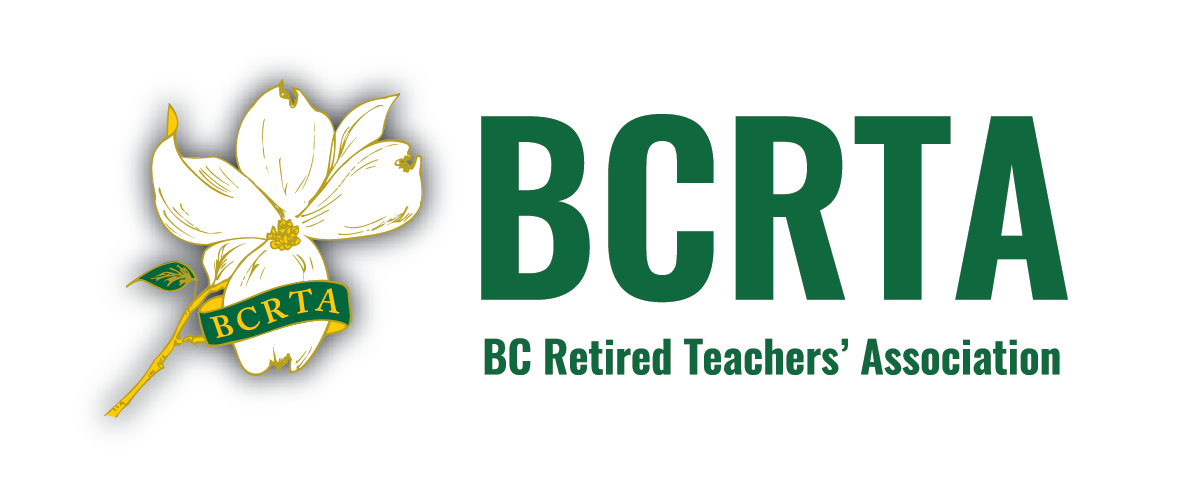The Advisory Council on the Implementation of National Pharmacare provided an interim report to the Minister of Health and the Minister of Finance in March of 2019. The full report is expected to be released later this year. The Council was chaired by Dr. Eric Hoskins and convened sixteen roundtables with representatives from the pharmaceutical industry, insurance providers, and health-care providers. The Council also met with patients and patient advocates, and provincial and territorial governments.
The council reports that drug coverage in Canada is neither adequate nor sustainable. Too many Canadians are neglected due to drug costs and the unequal access to medically necessary pharmaceuticals across the country. There was broad agreement across all groups that a national pharmacare plan should provide comprehensive, evidence-based drug coverage in a fair, responsible and sustainable manner.
According to the Council there were varying views on approaches to establishing a national pharmacare program that included:
- A focus on expensive medications only
- A fill in the gaps plan targeting the uninsured and vulnerable
- A single payer public model
There was an agreement among the majority of participants that our progressive income tax system was the preferred source for funding with the recognition that there would be substantial savings to governments if a national pharmacare plan was established. The Council identified three challenges that Canada faces with respect to drug coverage. They are:
- Too many Canadians cannot afford the prescription medications they need, as many as twenty percent of the population
- Access to prescription coverage is inconsistent across Canada. There is a patchwork of more than 100 public and 100,000 private insurance plans
- Spending on prescription drugs is unsustainable with costs increasing from 2.6 billion in 1985 to 34 billion in 2018. It is now the second largest spending in Canadian health care with only hospital services costing more
The Council identified some core principals and foundational elements that can be implemented now regardless of the model government chooses. These core principal recommendations are:
- All Canadians must have access to prescription drugs based on medical need rather than cost
- Coverage should be portable across Canada
- Provide access to a comprehensive evidence-based formulary
- Be designed in partnership with patients and citizens
- Founded on a strong partnership between federal, provincial and territorial governments and Indigenous peoples
- Include a robust pharmaceutical management system that promotes safety, innovation, and cost efficiency and control
The recommended foundational elements are:
- Creation of a national drug arms-length agency to oversee national pharmacare
- Develop a comprehensive evidence-based national formulary
- Invest in drug data and information technology systems with measures to streamline drug approval and lower drug costs
What is needed now is for Canadians to continue to put pressure on our elected officials to establish a universal, national, and single-payer Pharmacare plan that becomes an integral part of our Medicare in Canada and is included in the Canada Health-Care Act. This would be the most efficient and cost effective way to provide a comprehensive, equitable, and affordable Pharmacare plan in Canada for Canadians.
Let us hope this is the recommendation coming forward when the Council completes its final report.
Terry Green
BCRTA Well-Being Committee Chair



